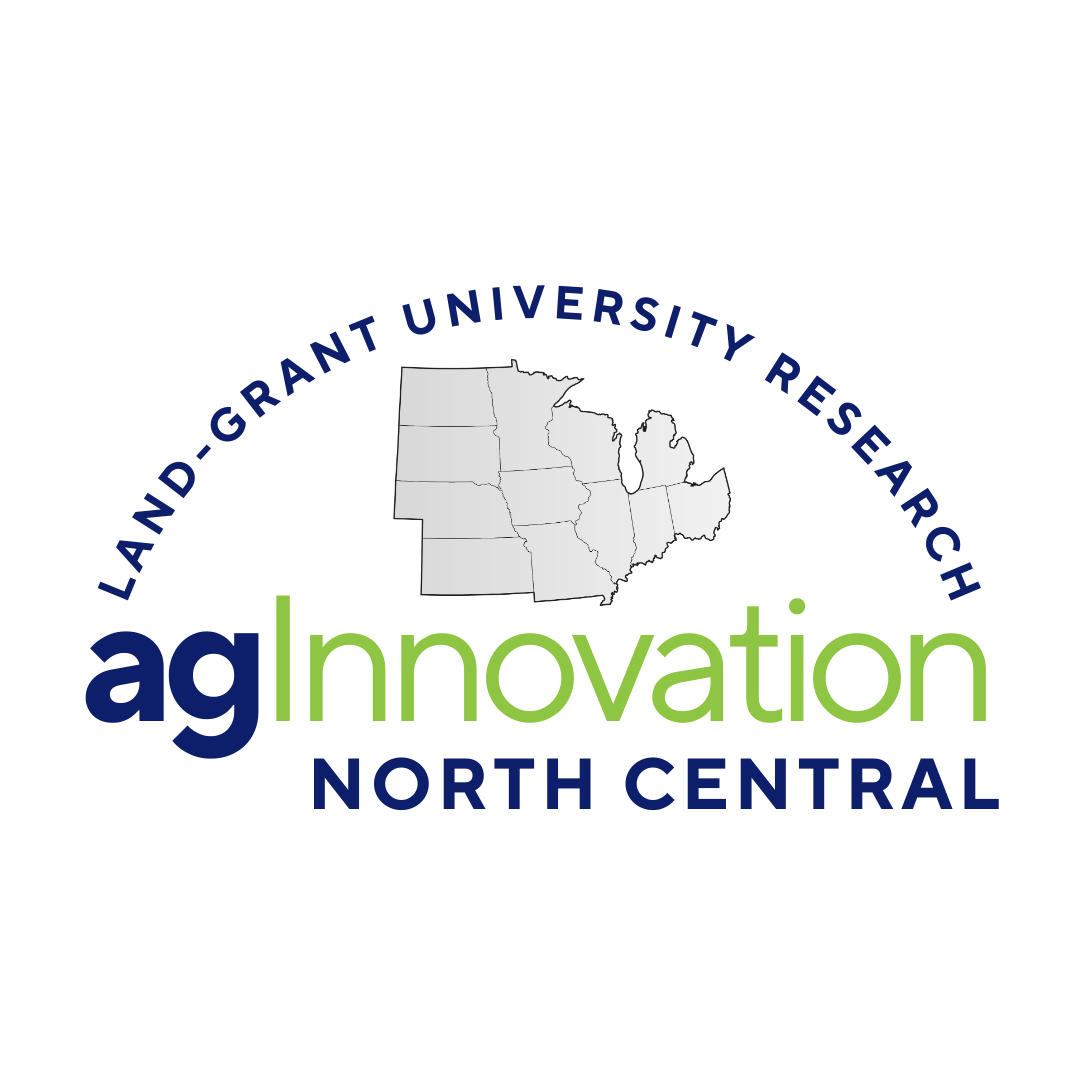
NCDC240: Perennial Grain Systems
(Multistate Research Coordinating Committee and Information Exchange Group)
Status: Active
NCDC240: Perennial Grain Systems
Duration: 09/17/2024 to 09/30/2026
Administrative Advisor(s):
NIFA Reps:
Non-Technical Summary
Statement of Issues and Justification
Agricultural systems in the US and globally are dominated by annual crops which have high yields but also unintended environmental challenges including soil loss, water pollution, and greenhouse gas emissions. Soil degradation from annual tillage has reduced crop yields and increases farmer dependence on costly agrochemicals, while greenhouse gas emissions from tillage and agrochemicals contribute to climate change that can reduce yields and yield stability. This current annual-based system is unlikely to meet the needs of 10 billion without contributing to further natural resource degradation and greenhouse gas emissions. The relatively small root system of high-yielding annual crops results in incomplete fertilizer utilization and nitrate leaching to groundwater - creating health risks to the primary drinking water source for rural communities. Current annual cropping systems also challenge rural prosperity by posing many economic risks for farmers.
In contrast, perennial crops can improve agricultural sustainability because their extensive root systems reduce soil erosion, nutrient runoff, and pesticide requirements while simultaneously decreasing annual inputs and costs. Incorporating perennials on agricultural landscapes can effectively improve ecosystem services provision and rural prosperity. Perennial grain crops like Kernza intermediate wheatgrass, perennial wheat, perennial sorghum, Silflower, and perennial rice, have been recently developed and provide great promise to reduce environmental challenges and provide food and forage. The community of researchers on perennial grains has grown and diversified in the recent years. Notable successful examples are the USDA-NIFA-SAS Kernza CAP project, and the USDA-ARS Kernza research group. This multi-state project will provide a space for coordination among perennial grain researchers across the US, and bring together annually these researchers to share research results and plan future proposals.
This group will address several of the Ag innovation Grand challenges: 1) Sustainability, competitivity, and profitability of food and agriculture; 2) Adapting to and mitigating the impacts of climate change, and 6) Heightening Environmental Stewardship. Perennial grain systems will contribute to sustainable food production, adaptation and mitigation to climate change, and provision of ecosystem services form agricultural systems.
Stakeholders include farmers from the North Central region who are already growing perennial grains like Kernza, food processors and industry who are developing food products with perennial grains, and society in general, including consumers, policy makers, NGOs, who are demanding solutions to the challenges of agriculture.
A list of expected project members (initial list):
Valentin Picasso, University of Wisconsin-Madison, WI
Jake Jungers, University of Minnesota, MN
Jake Jungers, University of Minnesota, MN
Jessica Gutknecht, University of Minnesota, MN
Andrea Basche, University of Nebraska, NE
Clair Keene, North Dakota State University, ND
Leonardo Deiss, The Ohio State University, OH
Steve Culman, Washington State University, WA
Prabin Bajgain, University of Minnesota, MN
Kevin Smith, University of Minnesota, MN
Kevin Murphy, Washington State University, WA
Matt Ryan, Cornell University, NY
Virginia Moore, Cornell University, NY
Jennifer Blesh, University of Michigan, MI
Jared Crain, Kansas State University, KS
Nate Brunsell, University of Kansas, KS
Andrew Paterson, University of Georgia, GA
Objectives
-
The purpose of this 2-year NC Development Committee is for the members to meet and prepare a full, 5-year NC multistate research project.